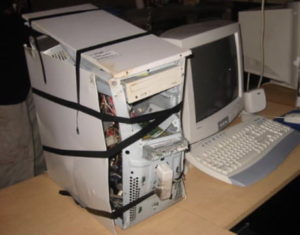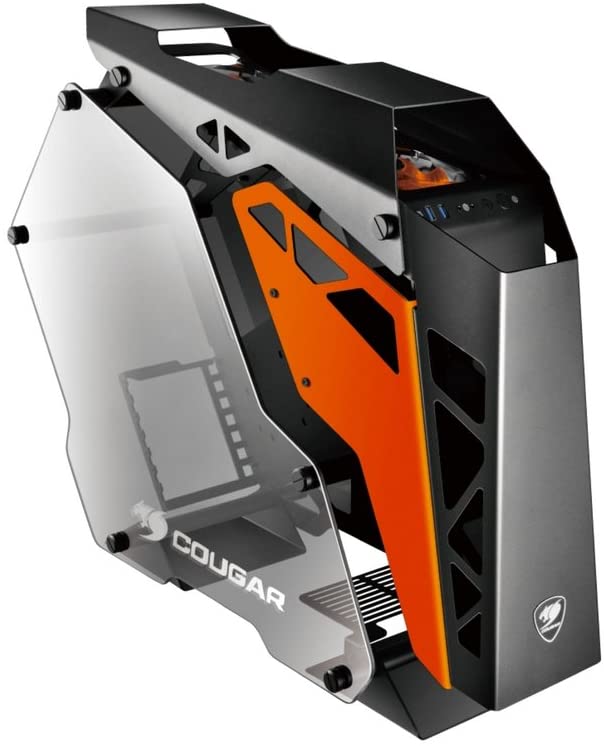Weary of trying to decide on the perfect PC case for your new build or upgrade? Look no further! In this article, we’ll provide you with some tips and tricks to help you choose the best case for your needs. Whether you’re looking for a compact, sleek design or a case with plenty of room for expansion and customization, we’ve got you covered. So sit back, relax, and let us guide you through the process of selecting the perfect PC case.
A computer case, also known as a tower or chassis, is the outer shell that protects and houses the various components of a desktop computer. It is the first thing you see when you look at a desktop computer and it plays a crucial role in the overall performance and appearance of the system.
When choosing a computer case, there are several factors to consider such as size, cooling capabilities, expansion options, and style. It is crucial to choose a case that can accommodate all of the components you need, has sufficient ventilation to keep your system cool, and fits your personal preferences.
How to choose the best one for you?
1. Determine the size of the case you need: The first step in choosing a computer case is to determine the size of the case you need. You will want to ensure that the case is large enough to fit all of your computer components, including the motherboard, graphics card, and power supply. If you are planning on using loads of expansion cards or large air coolers, you will need a sizeable case. On the other hand, if you are looking for a compact system, you will want to choose a small case.
2. Consider cooling capabilities: Proper cooling is essential for the health and longevity of your system. Confirm the case you choose has adequate ventilation to keep your components cool. Look for cases with plenty of fan slots or the option to install additional fans. If you are using high-performance components or plan on overclocking your system, it is especially important to choose a case with good airflow.
3. Look for expansion options: If you plan on upgrading your system in the future, you will want to choose a case with plenty of expansion slots and room for additional components. Make sure the case has enough space for any additional graphics cards, hard drives, or other components you might want to add.
4. Consider the style of the case: The style is a matter of personal preference, but it is still an important consideration. Do you want a sleek, modern design or a more traditional look? Do you prefer a case with a window to show off your components or one with a solid panel for a more understated appearance? Think about what style will best fit your needs and preferences.
5. Check for connectivity options: Make sure the case you choose has enough connectivity options for all of your peripherals. Look for a case with plenty of USB ports, audio jacks, and other connectivity options.
By considering these factors, you can choose the best computer case for your need and ensure that your system performs at its best.
So, are you ready to choose your computer case for your components? Let me know if this helps. Happy building!


